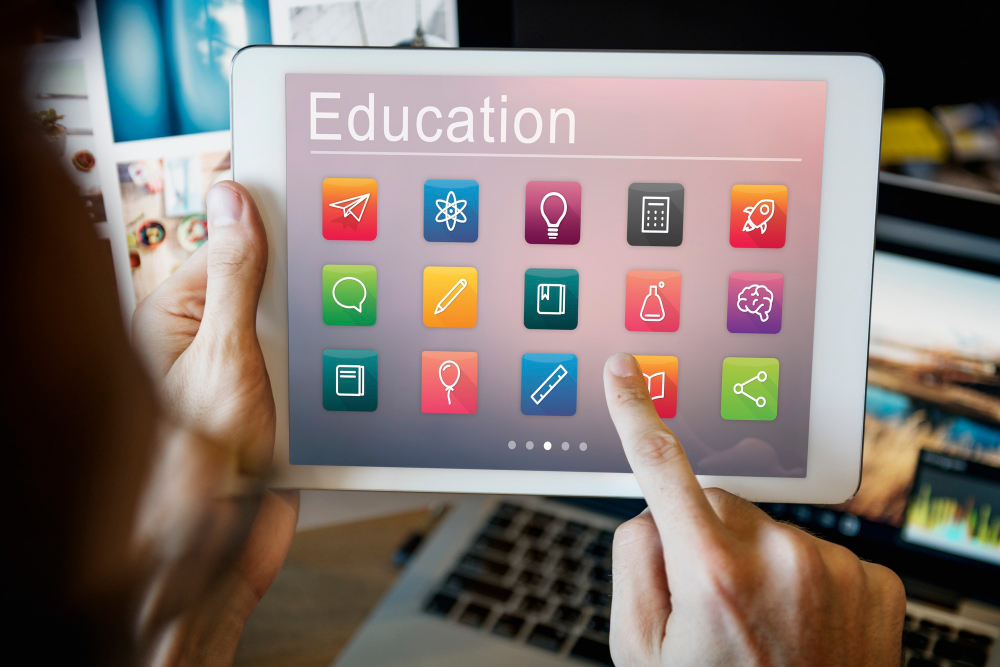
Adaptive learning platforms have revolutionized the way education is delivered and personalized for each individual learner. These platforms use data-driven algorithms to identify the strengths and weaknesses of each student and tailor their learning experience accordingly. By analyzing the student’s performance on assessments, quizzes, and other learning activities, adaptive learning platforms can create a personalized learning path that focuses on areas where the student needs the most help.
One way adaptive learning platforms can be utilized for personalized education is by providing individualized lesson plans and assignments based on the student’s learning style and pace. For example, a student who excels in math but struggles with reading comprehension may receive more practice exercises and resources to improve their reading skills, while spending less time on math concepts they already understand. This ensures that each student is challenged at their own level and has the opportunity to master new skills at their own pace.
Adaptive learning platforms also allow for real-time feedback and assessment, helping both teachers and students track progress and identify areas for improvement. By providing instant feedback on assignments and assessments, students can quickly address any misconceptions or gaps in their understanding and make adjustments to their learning approach. Teachers can also use this data to monitor student progress and provide additional support or resources as needed.
Another benefit of adaptive learning platforms is the ability to differentiate instruction for diverse learners. Students with varying abilities, learning styles, and backgrounds can all benefit from personalized learning paths that are tailored to their individual needs. For example, students who require more practice or support in a certain subject can receive additional resources and guidance, while advanced learners can be challenged with more complex assignments and enrichment activities.
Adaptive learning platforms can also help students develop self-regulation and metacognitive skills by promoting reflection and goal-setting. By tracking their own progress and setting personal learning goals, students can take ownership of their learning and become more actively engaged in the educational process. This can lead to increased motivation, self-efficacy, and a greater sense of accomplishment as students see their growth and improvement over time.
Adaptive learning platforms can support personalized education by incorporating multimedia content, interactive exercises, and gamified elements that appeal to different learning preferences. By providing a variety of engaging and interactive learning experiences, students are more likely to stay motivated and focused on their studies. This can help reduce boredom, increase retention, and make learning more enjoyable and effective for students of all ages.
Adaptive learning platforms can facilitate collaboration and communication among students, teachers, and parents. By providing tools for sharing resources, submitting assignments, and discussing concepts online, adaptive learning platforms can create a more connected and supportive learning community. This can help foster a sense of belonging and engagement among students, while also keeping parents informed and involved in their child’s education.
Adaptive learning platforms can help address the issue of time constraints in traditional classroom settings by providing flexible and accessible learning opportunities. Students can access their personalized learning paths at any time and from anywhere, allowing them to work at their own pace and schedule. This can be especially beneficial for students with busy schedules, learning disabilities, or other barriers to traditional education.
Adaptive learning platforms empower educators to personalize instruction and meet the diverse needs of all learners in a more efficient and effective way. By leveraging technology and data-driven algorithms, adaptive learning platforms can support personalized education that is tailored to the unique strengths, challenges, and goals of each individual student. As education continues to evolve and adapt to the needs of the 21st century learner, adaptive learning platforms will play an increasingly vital role in shaping the future of personalized education.